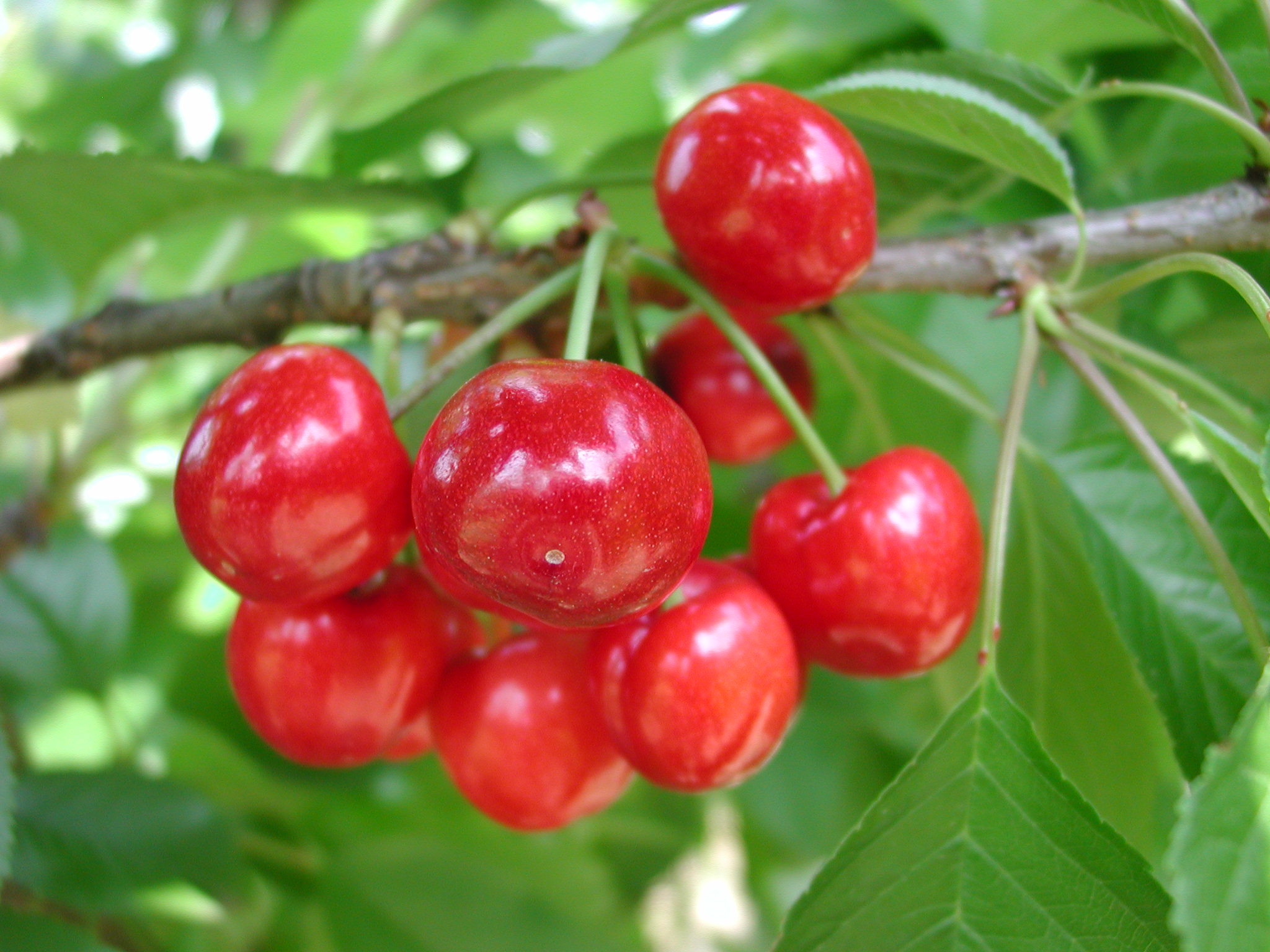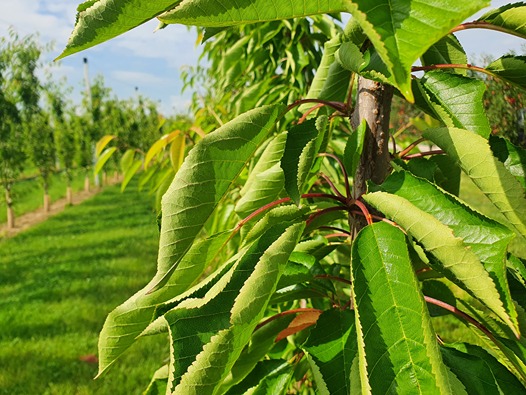In the United Kingdom, the 2025 cherry season is shaping up to be one of the best in recent years: agronomic innovations and an ideal spring climate have led to an unprecedented harvest for British growers.
A longer and more productive season
In the heart of Kent, a region symbolic of English agriculture, the company AC Hulme, led by Tom Hulme, is reporting remarkable results: cherry production has doubled compared to five years ago, and the harvest season will extend for a full 10 weeks, twice as long as in the past.
This is thanks to the adoption of advanced cultivation techniques, such as the use of dwarf rootstocks and new varieties better suited to the British climate. “The British cherry industry is undergoing a major renewal. New cultivars allow us to extend the growing season and improve both the quality and taste of the fruit,” explains Hulme.
Early and late varieties, climate control, and quality
To extend the harvest window, the company introduced early varieties like Sweet Aryana and Grace Star, along with late-season cultivars, ensuring a longer availability of fresh cherries.
But it’s not just about genetics: post-harvest technologies also play a crucial role. Environmental control, through polytunnels and climate-controlled chambers, helps extend shelf life and ensures top quality for consumers.
Nature has also lent a hand: “We’ve had ideal spring weather conditions,” says Hulme, “and we expect a long season with some of the best fruit in recent years.”
A record harvest across the country
AC Hulme is not an isolated case. According to Tesco estimates, this year British growers will reach a total production of around 8,000 tonnes of cherries—four times more than in 2018 and an impressive 14 times higher than in 2015, when the harvest totaled just 559 tonnes.
All British cherries for the summer
Supermarket chain Tesco, through buyer Olivia Amey, emphasized how the sunny weather has had a decisive impact on quality and the early start of the season. “Thanks to longer daylight hours and favorable temperatures, we’ll be able to meet summer demand with only British-grown cherries starting from early July.”
A positive signal for the entire sector, confirming that innovation and climate adaptation are bearing fruit—in the truest sense of the word.
Source: bbc.co.uk
Image source: PA Media
Cherry Times – All rights reserved










